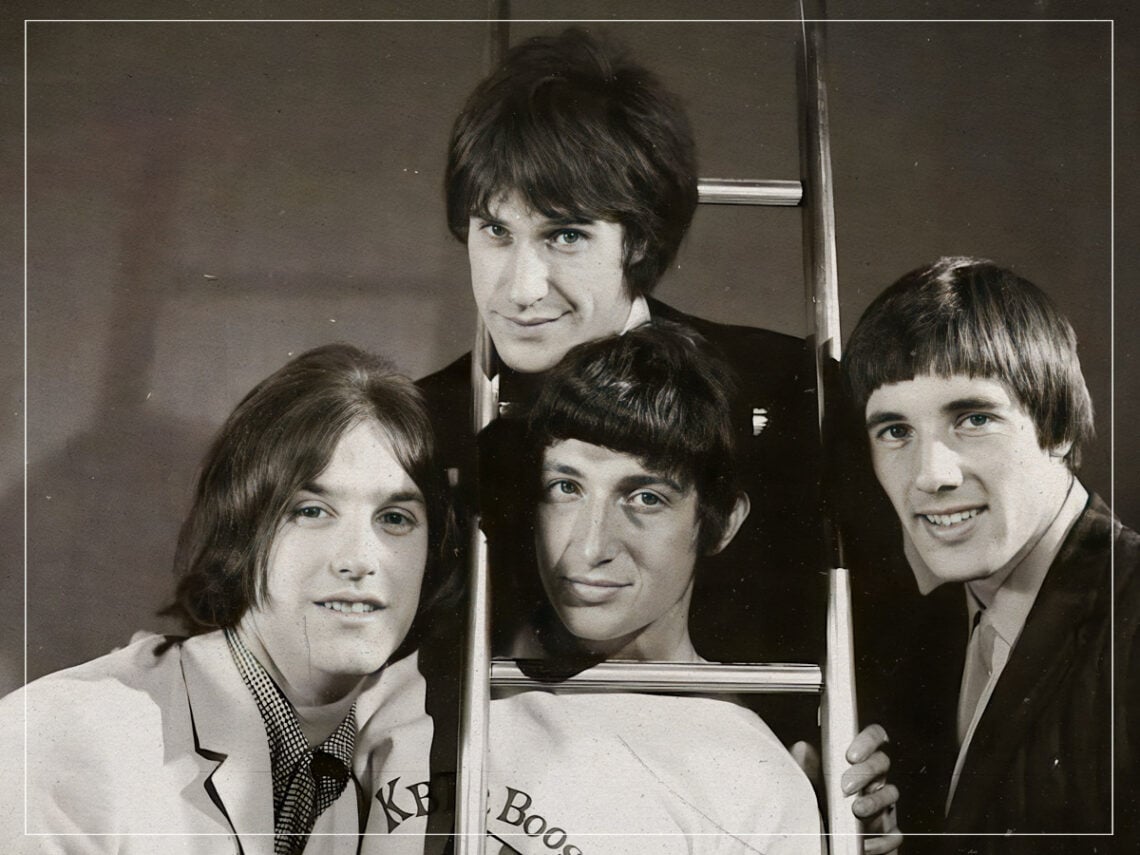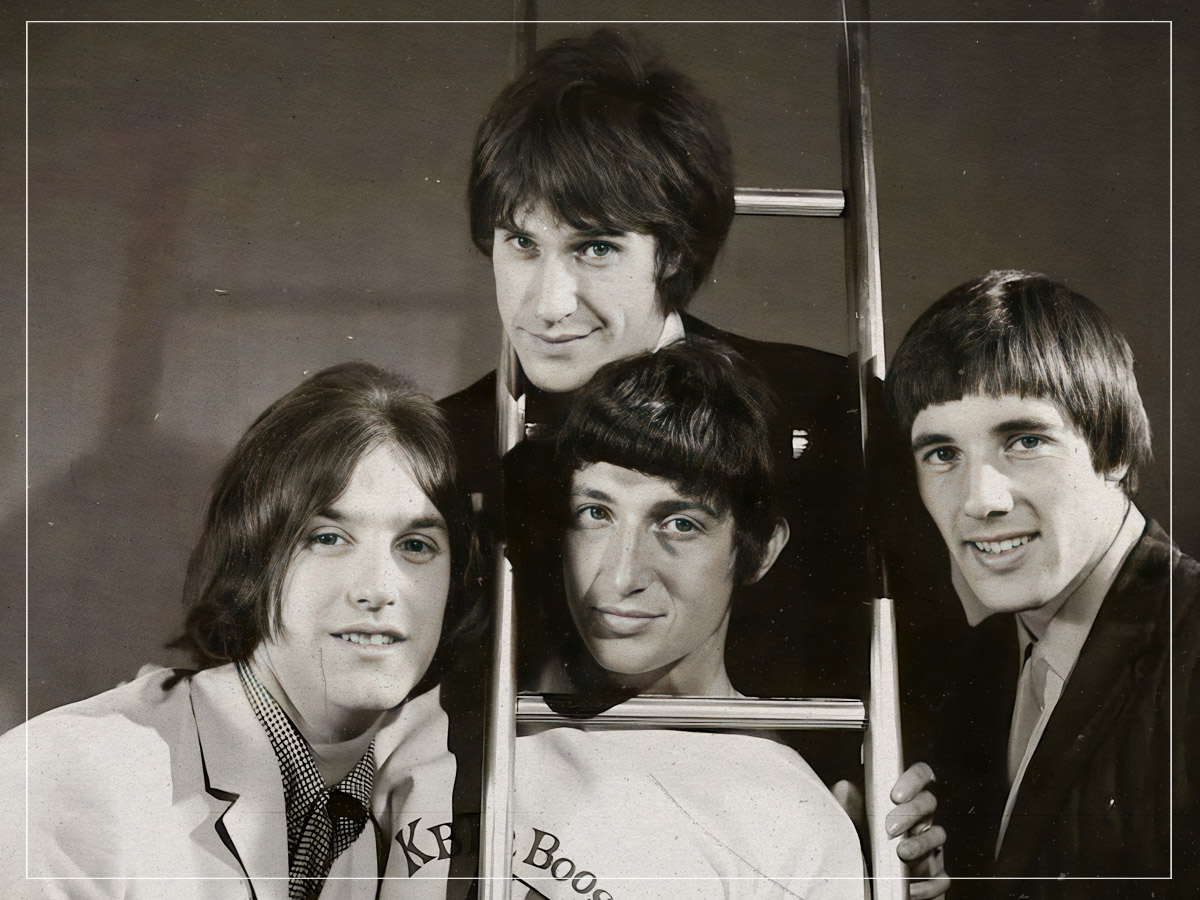
(Credits: Far Out / Alamy)
Fri 29 August 2025 12:00, UK
The Kinks were perhaps the most unfortunate of all the British invasion bands, constantly forgotten about behind the successes of The Beatles, The Rolling Stones and The Who, but they had plenty of chart-topping hits in the UK that would suggest this outcome unfair.
The group came crashing out of the gates in 1964 with their proto-punk anthem, ‘You Really Got Me’, going straight to number one on only their third official single. From here on, they could have continued in this vein and guaranteed themselves further success, but the desire to experiment with a variety of styles saw brothers Ray and Dave Davies write plenty of other tracks that went to the summit, which could all feasibly have been created by different bands.
In the two following years, they managed to score number ones in the UK with ‘Tired of Waiting For You’, a janglier and more pop-oriented effort, and ‘Sunny Afternoon’, a track that ushered in their psychedelic folk era, which they would pursue for the remainder of the 1960s. However, their streak came to an abrupt end in 1967, despite having released one of the strongest singles in their catalogue, because it was kept from reaching the top spot by a much safer traditional pop tune.
‘Waterloo Sunset’ is perhaps the Davies brothers at their finest, and yet they don’t have the certificate to prove it due to the fact that it never reached the top of the charts in the UK. However, for the two weeks it remained at number two, kept off the peak by one song that had already had a prior opportunity to make its mark on the charts, albeit as a B-side.
So, what song kept ‘Waterloo Sunset’ off the top?
Even though it started out as the B-side to The Four Seasons’ ‘Rag Doll’ back in 1964, the cover of ‘Silence is Golden’ eventually crossed the Atlantic and turned into a hit for British pop group The Tremeloes. Before ‘Waterloo Sunset’ climbed its way to number two on the charts, the Tremeloes’ track had already spent a week at the top – and stuck around for another two, holding off The Kinks’ shot at a fourth number one.
They had already achieved one number one hit in the UK prior to ‘Silence is Golden’ with another cover, reaching the apex of the charts in 1963 with their version of The Contours’ ‘Do You Love Me’. They had another reasonable crack at reaching the pinnacle with another cover earlier in 1967 with their version of Yusuf/Cat Stevens’ ‘Here Comes My Baby’, which, in a just world, ought to have been their second number one hit instead of ‘Silence is Golden’.
Not only did they keep The Kinks off the top of the charts, despite them having written one of their finest pop songs, but the band would never find themselves achieving another number one single again in their career, with the other equally likely candidate of the 1970 single ‘Lola’ suffering the same fate of only reaching number two.
The Kinks, however, did a reasonable amount of damage to themselves in the long run, rather than the rest of the music industry, by sabotaging their quest for another commercial success. The release of their 1967 album, Something Else by the Kinks, from which ‘Waterloo Sunset’ was taken, saw the band dive further into the realm of baroque and music hall-inspired compositions, completely transforming themselves from a scrappy rock outfit from three years prior into a forward-thinking psychedelic folk group.
It completely derailed their progress as a group when they failed to even crack the top 20 in the UK album chart, and despite the critical acclaim that follow-up album The Kinks Are the Village Green Preservation Society received, it was even more of a commercial disappointment that marked their final ever entry into the UK album chart game.
What could have been an even more celebrated career was ultimately ripped apart by The Kinks’ desire to evolve at a faster rate than the British public was prepared for, and while people look back on their music fondly, this retrospective appraisal doesn’t make up for the fact that ‘Waterloo Sunset’ marked the beginning of the end of their commercial dominance.
Related Topics
